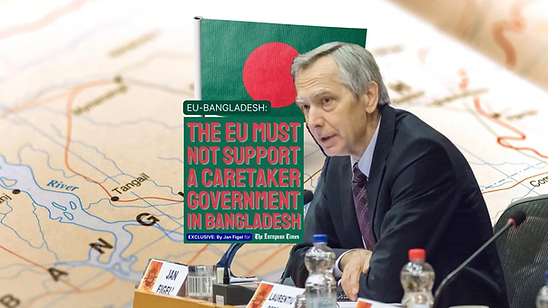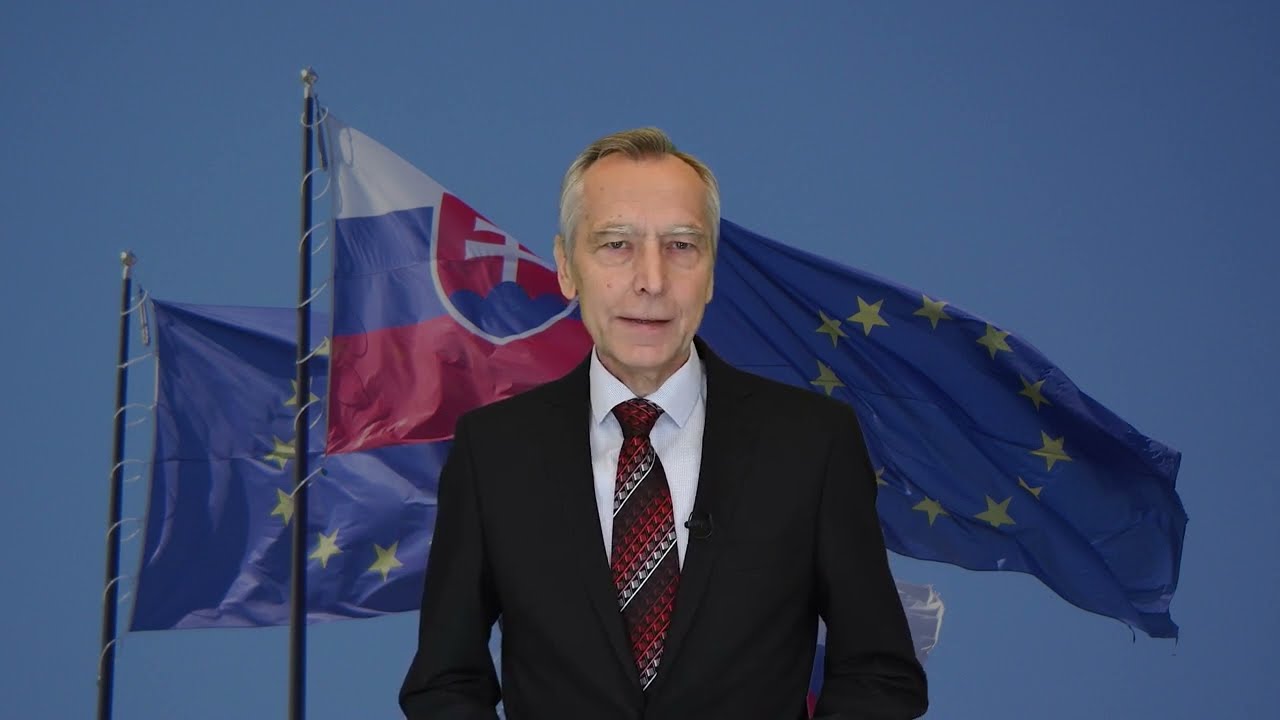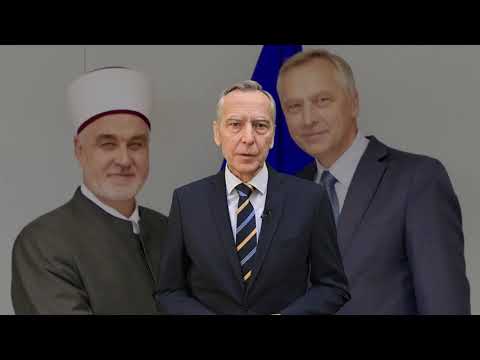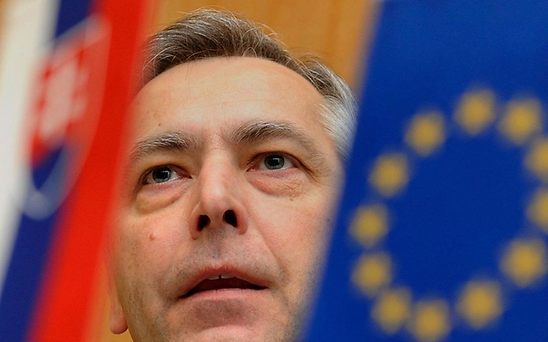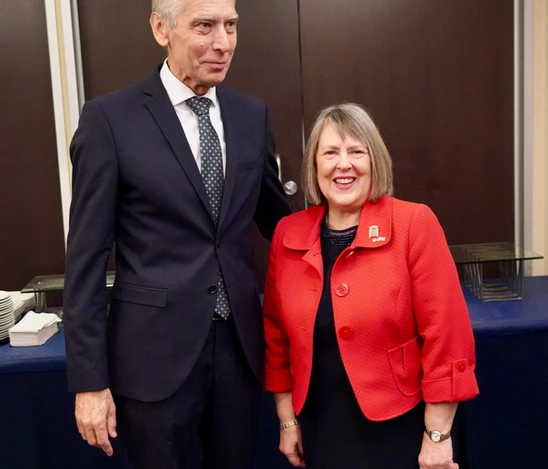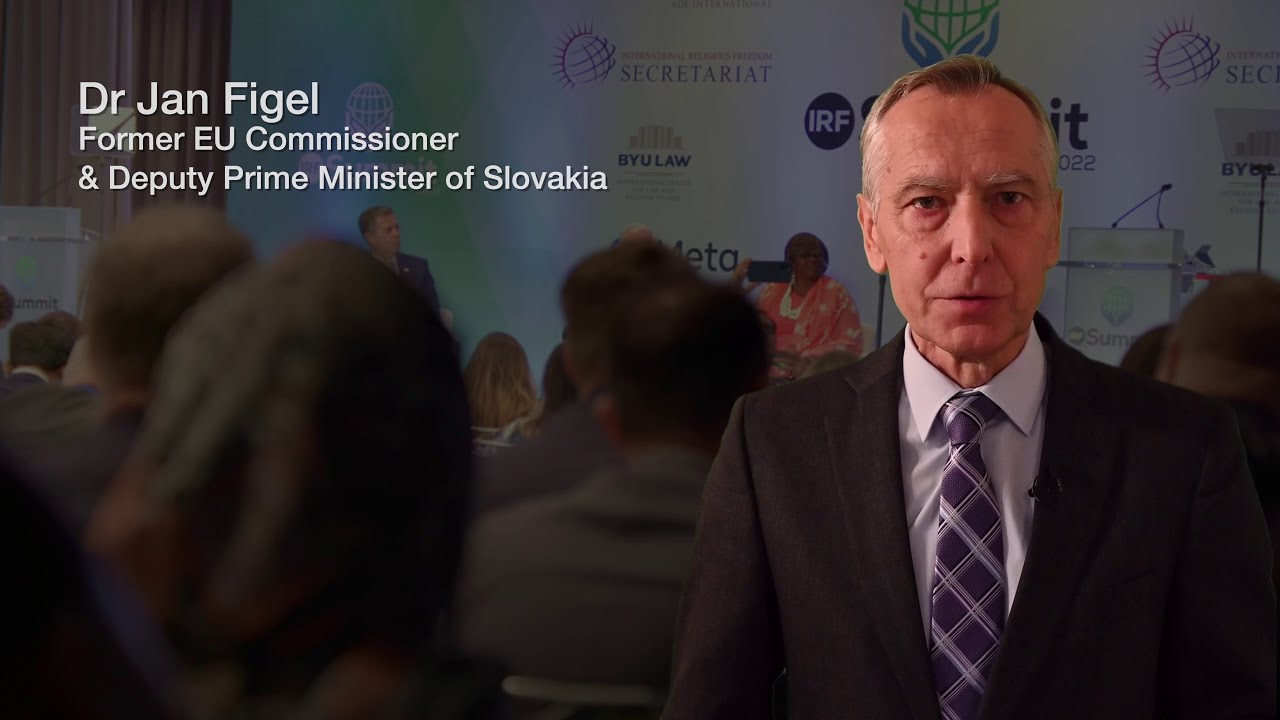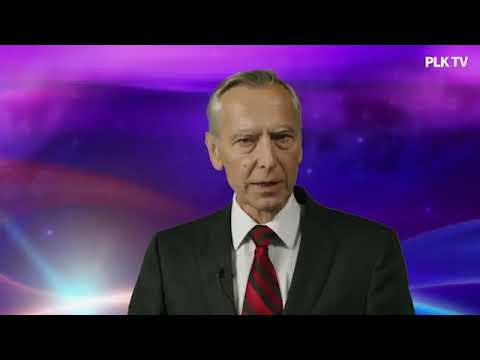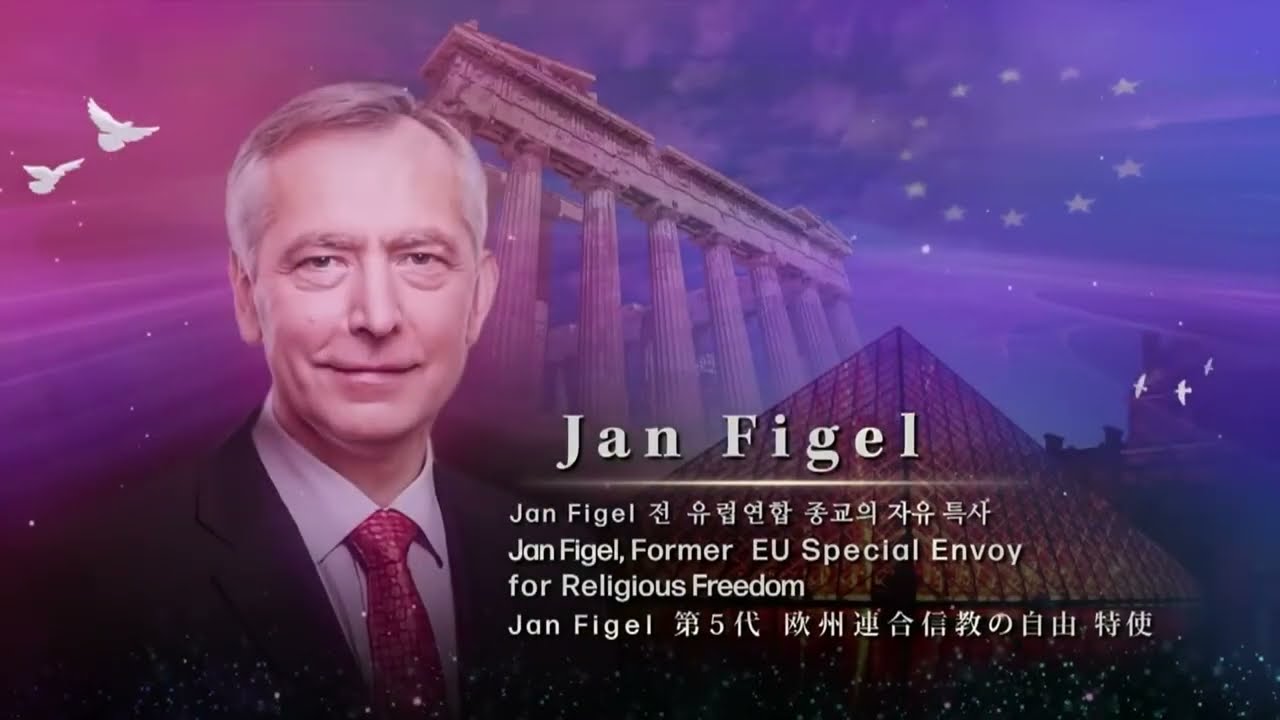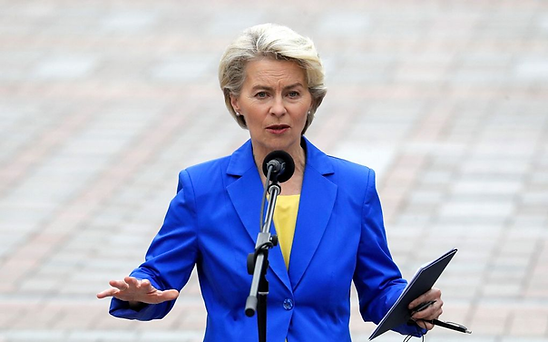Tag: EU
-
The EU must not support a caretaker government in Bangladesh
Almost nine years ago, newly appointed EU foreign policy chief Federica Mogherini was being lauded for leading the world in standing up to the junta who usurped power away from the elected government in Thailand four months prior. Alongside the accolades came a foreboding warning: Once the military has its grip on power, it will…
-
On Roots of Freedom and Peace, Schumann Centre – Amsterdam, 5/2023
Ján Figeľ speaking about the roots of freedom and peace.
-
On Freedom of Conscience – Vilnius Academic Conference, 4/2023
Ján Figeľ, the former Special Envoy for the Promotion of Freedom of Religion or Belief (FoRB) Outside the EU, speaking on the topic of freedom of conscience.
-
Complaint to European court over ban on church services amid pandemic
Photo TASR, Martin Baumann Former EU religious freedom envoy Jan Figel has filed a complaint with the European Court of Human Rights (ECtHR) over the ban on church services during the corona pandemic. This was announced by ADF International, an organisation that advocates for religious freedom, on Wednesday. The agency supports Figel in the case.…
-
Rights advocate Figel’ says ‘human dignity’ at root of freedoms
Says he is ‘determined,’ not optimistic or pessimistic in campaign Ján Figeľ lives between two epochs: the first, in which communist forces in what was then Czechoslovakia killed the uncle for whom he is named, and the second, in which Mr. Figel’ carried on the struggle for religious freedom as a European Union envoy. That…
-
FoRB is an Issue of Life and Death – Assassination of Former PM Abe in Japan
Presentation of Jan Figel at the UNHRC Geneva on January 31, 2023. The Global Human Rights Institution starts its Universal Periodic Review of commitments and their implementation in Japan.
-
Ján Figeľ’s Speech for the Rally of Hope organized by the Universal Peace Federation
Former European Commission’s Special Envoy for the 𝗽𝗿𝗼𝗺𝗼𝘁𝗶𝗼𝗻 𝗼𝗳 𝗳𝗿𝗲𝗲𝗱𝗼𝗺 𝗼𝗳 𝗿𝗲𝗹𝗶𝗴𝗶𝗼𝗻 outside the EU, Hon. 𝐉𝐚𝐧 𝐅𝐢𝐠𝐞𝐥 shares about the importance of the Freedom of Religion for all at the last “Conference of Hope” under the theme “𝗔𝗱𝘃𝗮𝗻𝗰𝗶𝗻𝗴 𝗥𝗲𝗹𝗶𝗴𝗶𝗼𝘂𝘀 𝗙𝗿𝗲𝗲𝗱𝗼𝗺 𝘁𝗵𝗿𝗼𝘂𝗴𝗵 𝗨𝗻𝗶𝘃𝗲𝗿𝘀𝗮𝗹 𝗛𝘂𝗺𝗮𝗻 𝗥𝗶𝗴𝗵𝘁𝘀”. Rally of Hope, 2022 https://fb.watch/h1GdRXd3SN
-
Ján Figeľ’s Address at the 2nd Conference of Hope
2nd Conference of Hope – Overcoming Threats to Freedom of Thought, Conscience and Religion December 17, 2022 in Seoul, South Korea The whole event: https://www.youtube.com/watch?v=0DcvPB2vD0g&t=3883s&ab_channel=THINKTANK2022
-
International Conference Urges Support for Religious Freedom and Human Rights
“Religious freedom is a hallmark of an open society” November 14, 2022 11:31 ET | Source: The Washington Times Foundation International Conference Urges Support for Religious Freedom and Human Rights “Religious freedom is a hallmark of an open society” The greatest difference between open, free societies and authoritarian regimes is respect for human rights and…
-
Open letter to Von Der Leyen: Where is the EU envoy for religious freedom?
Ursula Von Der Leyen. Photo EPA, Sergey Dolzhenko Dear President Von Der Leyen, A direct question: Why does the European Union still not have a Special Envoy/High Representative for Religious Freedom and Belief? Why, after the resignation of the Greek Cypriot politician and former EU Commissioner Christos Stylianides more than a year ago, has this…

